NBA 2K18 on PlayStation 4
Annually released games have the stigma of taking baby-step improvements, with the developers creating one or two game-changing features every few years to keep the series feeling fresh and relevant. The NBA 2K series, which has been uncontested for two consecutive years after NBA Live’s hiatus, continues to play it safe by keeping the core experience largely the same. NBA 2K16 is known for bringing a cinematic career mode and NBA 2K17 for fine-tuning most of the game’s aspects. Instead of mulling over a few improvements and marketable features, NBA 2K18 overhauls and streamlines some of its modes while introducing several interesting additions, and while not everything is well done, it sets an interesting foundation for moving the series forward.
The biggest change in NBA 2K18 is the addition of a small social hub area called The Neighborhood, which, in addition to housing several microtransaction shops for customizing your baller, serves to streamline the MyCareer, MyPark, and Pro-Am modes. Now, you have to jog from one area to another instead of browsing through several menus. In a way, this setup makes all three game modes accessible to newcomers because it urges you to follow other ballers around and engage in a couple of matches. Additionally, the gym is now situated in The Neighborhood and is often populated with other players—a feature that can be both amusing and annoying at times when you have to wait for your turn to use the exercise equipment.
Similar to most online games with a social hub, NBA 2K18’s The Neighborhood is overpopulated with multiple zombie-like players clad in their default brown shirt and gray pants along with dozens of others simply standing stiff or browsing through menus. Outside of the Playground, The Neighborhood also doesn’t look very special with its drab color scheme and generic-looking buildings. There are also mini-games in the social hub, though it’s mostly a standalone affair where the most interaction you’ll have is competing for the high score.
Nonetheless, The Neighborhood has brought an important improvement to the series by making the Park and Pro-Am more accessible to newcomers. With plenty of players flocking around both areas in The Neighborhood, it’s hard not to be tempted in trying out both modes. Additionally, your player’s badges and badge progression is also shared across MyCareer, the Park, and Pro-Am, making participation in any of these modes worth your time. With the influx of newcomers trying out Park, however, there’s a huge mismatch in player levels. To matchmake in Park, you simply have to line up on either side of the court, meaning anyone, regardless of their level, can join or battle your team.

Aside from serving as an area for accessing game modes and having shops that sell items worth three to five times your in-game Virtual Currency (VC) paycheck per match, there’s nothing much to see in The Neighborhood. Getting around can be tedious as well, with each destination spread far across the game. Luckily, you can get access to faster means of exploration such as a skateboard, after hours and hours of gameplay and spending more money on microtransactions. The skateboard, along with a bevy of other rewards, is obtainable via the meta-game reward system called The Road to 99. When players upgrade their character’s attributes by splurging or playing matches non-stop, 2K gives them rewards, abilities, and access to activities in The Neighborhood upon reaching certain rating brackets. It’s an excellent aspect that motivates you to keep on progressing despite this full-priced game feeling like an insurmountable free-to-play experience.
While NBA 2K18 has brought the best and biggest changes in the series, NBA 2K18’s lackluster VC rewards system detracts from its otherwise stellar gameplay. If you bought the $60 NBA 2K18 standard edition and don’t want to spend on microtransactions, you’ll be strapped for cash at all times. Basically, the VC rewards have reached an all-new low across all game modes and the companion app. Each NBA match rewards you with a base salary of 500 VC, with additional rewards based on player performance. Unlike previous games, there’s no VC multiplier for playing at a harder difficulty setting. During my initial playthrough with my standard edition copy, I earned roughly 600-800 VC per match. VC rewards are definitely worse in Pro-Am and street ball matches, as there’s no base salary reward, thus granting me less than 500 VC per match. To put things in perspective, the prices for apparel will take you about 1,000 to 2,500 VC while upgrading your player to an 85 overall rating costs about 200,000 VC. There are still endorsement contracts in NBA 2K18 that reward you a few hundred VC, but is a far cry compared to NBA 2K17 which would often grant players around 5,000 VC frequently.
Due to the petty rewards for matches, there’s little to no sense of progression for players who don’t want to purchase microtransactions. I also rarely bothered exploring any shop in The Neighborhood as I didn’t have VC to purchase anything. In a way, players are forced to decide whether to upgrade their character’s stats or purchase apparel. It’s a different story for players who purchased the $99.99 Legend Edition and the $149.99 Legend Gold Edition as they come with 100,000 VC and 250,000 VC respectively. In comparison, the early tip-off edition only came with 5,000 VC. For a game that has made a huge improvement on diversifying character play style with the introduction of hybrid archetypes, it discourages you from creating more than one player due to the hefty VC costs and the fact that you’ll have to endure past all the unskippable cutscenes with your weak 60 overall rating player. In short, MyCareer, The Neighborhood, and The Road to 99 serve as a constant reminder of how much in-game money or VC you don’t have.

MyCareer is the central aspect of the changes in NBA 2K18. In a way, the MyCareer mode was tailored to suit The Neighborhood’s freeform appeal. It is no longer restrictive, allowing you to participate in training drills, work out in the gym, pursue objectives given by your agent, and make decisions on contracts at any time. You can even choose the team you join. That choice, however, feels like an empty reward because you can just nab a spot in your chosen team regardless of performance. This change in the early part of MyCareer is a step down compared to past games in the series that incentivized you for playing your best in your first few matches as you had to do well during your high school and college basketball days to land on a good team.
MyCareer’s plot now feels more unessential than ever, with cutscenes being a shallow joke-fest. NBA 2K18’s MyCareer puts you in the shoes of DJ, a guy who took a self-sabbatical from basketball to focus on music. Thereafter, DJ simply decides to go back to basketball and gets scouted for his preferred basketball team and immediately gets to play for them as an undrafted free agent. Aside from being an unbelievable premise, DJ’s tale doesn’t feel relatable. The game doesn’t even touch on his hobbies. Even last year’s NBA 2K17 had a presidential theme for your character nicknamed Pres, but there’s nothing here for DJ. The cast of characters also feel completely random and shoehorned for the sake of having dialogue, thus resulting in a ton of awkward, cringe-inducing moments with plenty of ridiculous handshakes and dance moves. Due to the bare-bones plot supplanted with bad writing and voice work, cutscenes feel intrusive and a waste of time, which is annoying as you’ll regularly see these non-skippable scenes play out before and after each match.

The badly-written story and aggravating VC costs aside, the MyCareer experience feels fresh thanks to its freeform approach. The game no longer forces players to choose between hanging out with famous ballers or going to the practice gym, as you can choose what to do at your own leisure. You can even do both if you want to. While repetitive, I also enjoyed going to the practice court for a few practice drills to work on badges. Doing a few workout routines in the gym is also entirely optional now. To add to that, NBA 2K18 has made some notable quality of life improvements, such as the addition of a badge tracker. Unlike before where badges were perks that only hardcore players could get, they are now accessible and easy to obtain for everyone. The game now displays your progress for unlocking and leveling badges, and there are even badge-specific drills in the practice court. Overall, the badge system adds a sense of progression for upgrading your character.
While everything about the game sounds mostly negative so far, NBA 2K18 is definitely worth playing due to its tight ball gameplay, which Visual Concepts consistently manages to improve upon yearly. Controlling each player now feels weighty, and there’s a unique feel for each ball movement depending on the player you use. The improvements to movement extends to dribbling, as the fluidity of motion has been improved. In a way, dribble moves no longer look like disjointed animations.
Defensive maneuvers have also been improved. Rebounding the ball also feels more dynamic, with players repeatedly jumping up in the air to tip the ball outside of their opponent’s reach. Even when you successfully box out for a rebound, it’s still unpredictable who gets the ball. Stealing also feels more natural and effective, and you’ll often find yourself nabbing a few steals by simply closing the gap on a player doing some aggressive dribble moves. In NBA 2K18, I saw plenty of turnovers not because of poor passing but because of steals coming from a ball poke or good defensive positioning that resulted in the ball handler dropping the ball.
Several AI improvements have also been made, making matches seem like a chess match due to their unpredictability. For example, you can no longer easily steal the ball by positioning yourself in front of the ball receiver, as the ball handler will instead wait for him first to break from your clutches or pass it to someone else. The AI also uses the Pick and Roll move quite well, and choosing where to position yourself when the enemy sets a screen is always a gamble.
Personally, making elite players more aggressive when facing against a defender with poor stats is the most notable improvement to the AI. Playing early on in MyCareer with the Golden State Warriors using my low overall rating character, I often saw Kevin Durant and Stephen Curry abuse their matchup with aggressive dribble moves and passing before they land a highlight shot with no help from me at all. This dynamism extends to the other game modes, making elite players feel as ruthless as they are in real-life basketball. During times like these, it felt like a real player was controlling the AI. Despite these improvements, the AI still messes up from time to time, but this happens less frequently than before.
My personal favorite in the NBA 2K series, the card-collectible MyTeam mode, has been largely improved and is so packed with content that it could be sold as a standalone experience. There’s also a major addition to MyTeam, and you now have the liberty to designate a coach based on your preferred play style. Additionally, your team’s overall strength will now be gauged according to how each player fits the coach’s play style. This new feature incentivizes creating sets with characters that excel in that specific play, adding a new layer to the experience and encourages you to keep creating unique decks. Aside from introducing new features in MyTeam, Visual Concepts has introduced Schedule Challenges, which alleviates the stressful in-game currency management so you can simply enjoy playing matches. In a nutshell, this game mode ensures that players have an avenue to earn MT points from matches while getting a good amount of contracts to keep your team lineup playable.

Another new feature is Super Max, which introduces competitive seasons where you take part in placement matches against another player’s custom lineup. There’s also a new mode called Pack and Playoffs, where you’ll blindly draft a five-player squad to compete in online matches. Sadly, most of my experience with these was marred with input lag across all game modes, making it difficult to perform anything naturally.
The on-court heavy modes were not the only ones that received huge new features. A story has now been integrated with MyGM, which aims to cinematically take you behind the scenes of managing a team. While interesting in theory, the execution is lackluster as the story is simply told through text alongside awkward character animations. You start as the GM of your first ever team, with you working on improving your team as well as handling both internal and external issues. The story is quite predictable and simply provides your character with additional objectives throughout your life as a general manager. Instead of adding another layer to MyGM, the story somewhat exists to give newcomers who haven’t tried the mode feel like their actions have gravitas. It’s definitely an interesting concept that is in dire need of refinements.

Other than the text-based presentation in MyGYM and the cutscenes in MyCareer, presentation in NBA 2K18 remains superb, with character’s body types now more accurately represented. Similar to previous years, NBA 2K18 has decent tracks and stellar commentary. From time to time, some matches also start with a brief music video-looking montage, which is pretty amusing.
NBA 2K18 has one of the biggest and boldest changes for an annual sports title but inadvertently introduced some serious flaws that are difficult to overlook. Nonetheless, the developers have created a great foundation for the series. NBA 2K18, despite its downsides, is a great game that has something for everyone. Series fans will be delighted with the on-court improvements, and newcomers will find the game accessible thanks to the streamlined content.
Score: 3.5/5 – Fair
Pros
| Cons
|

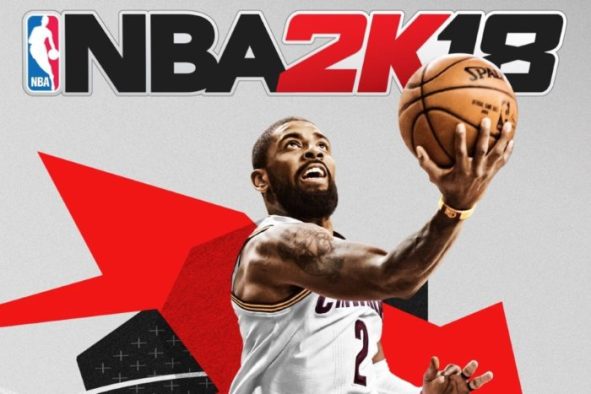

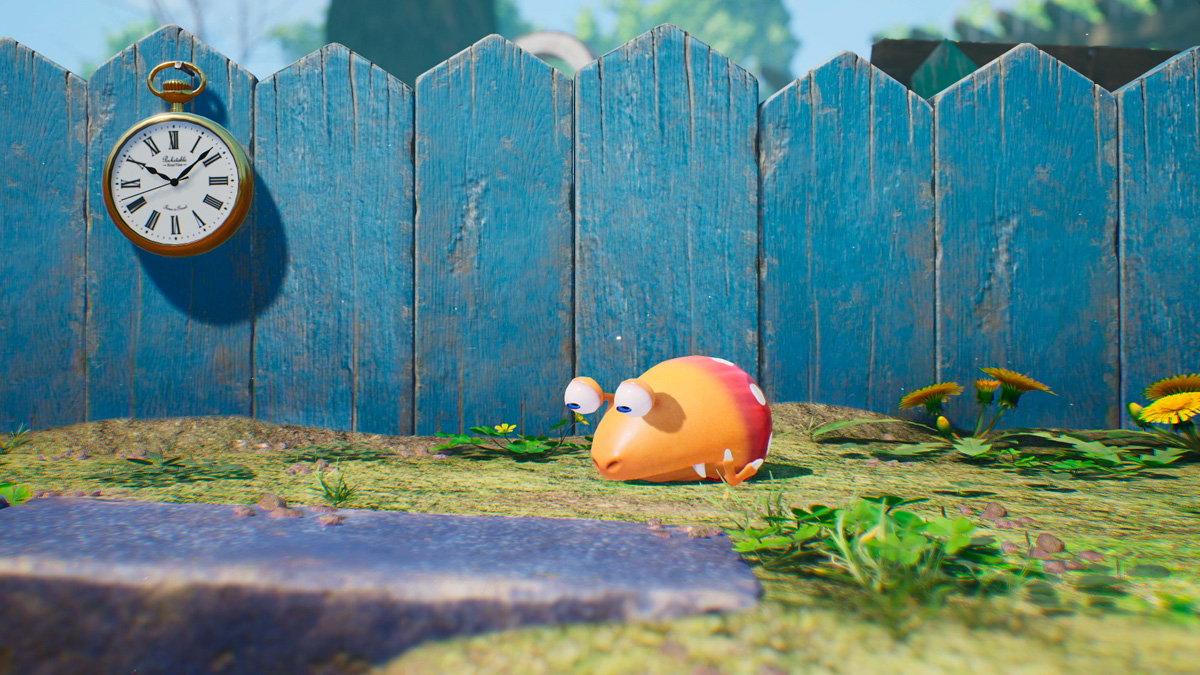


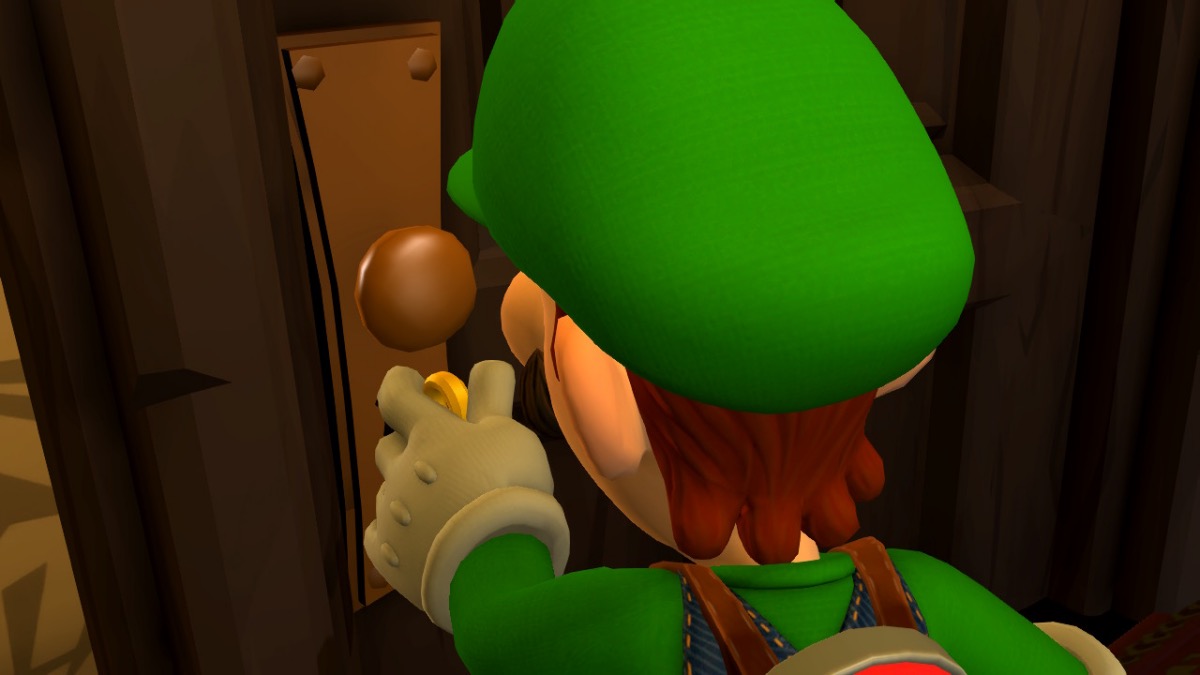

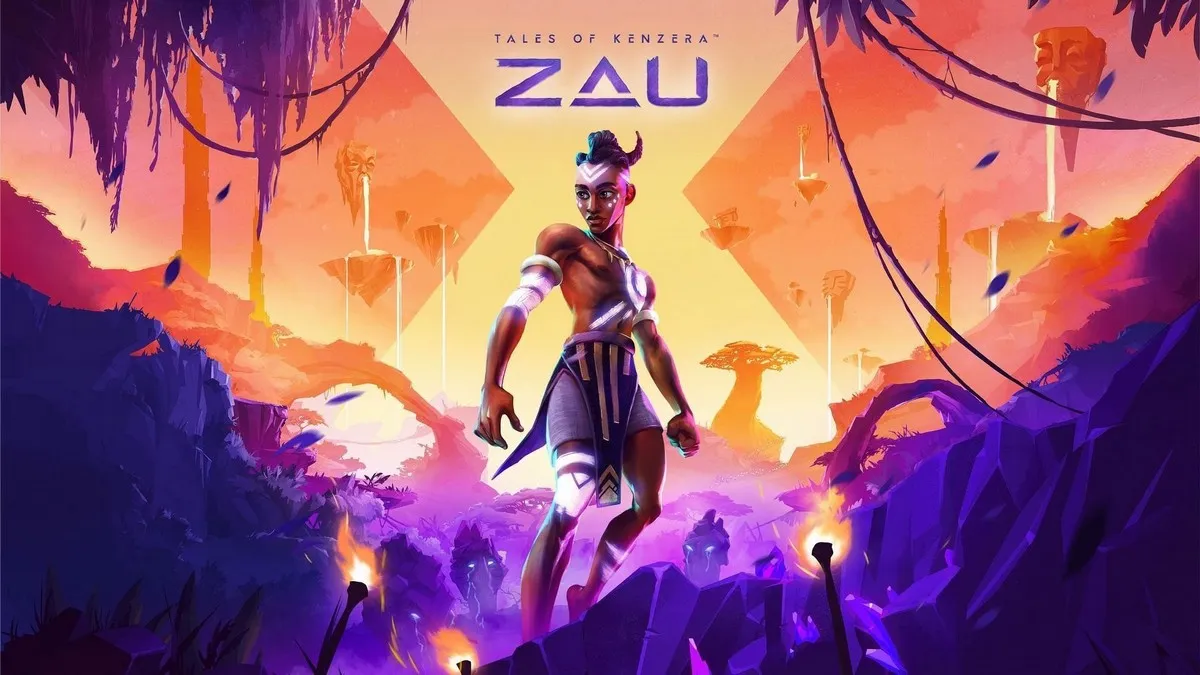
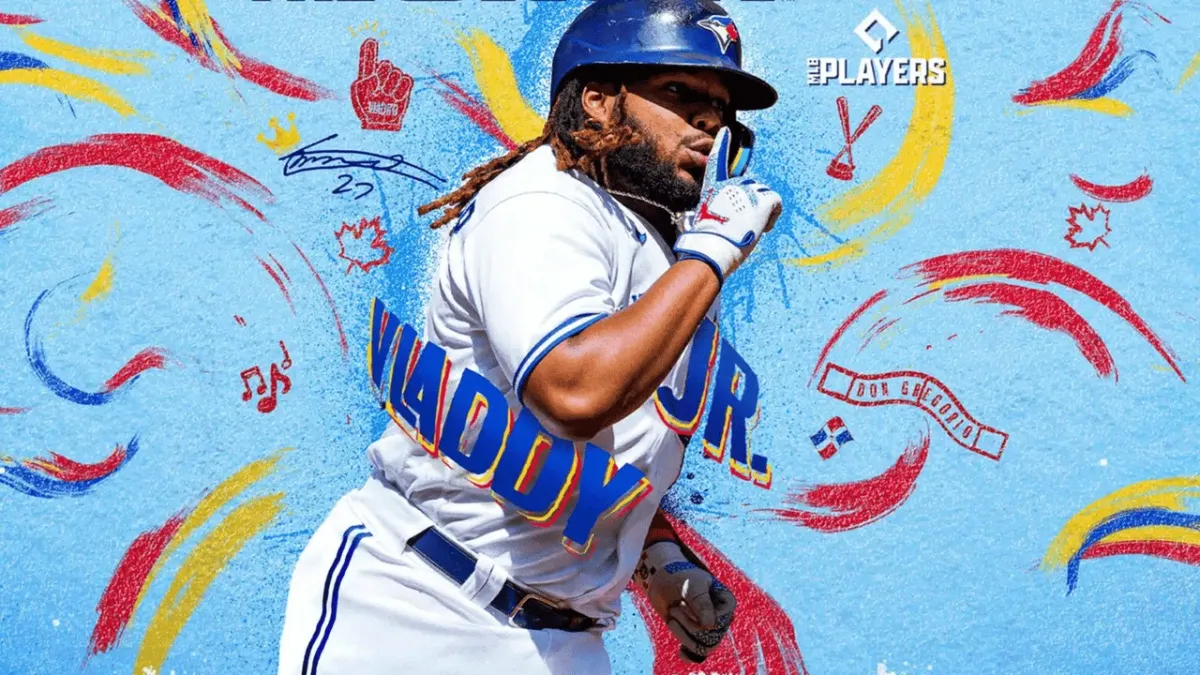


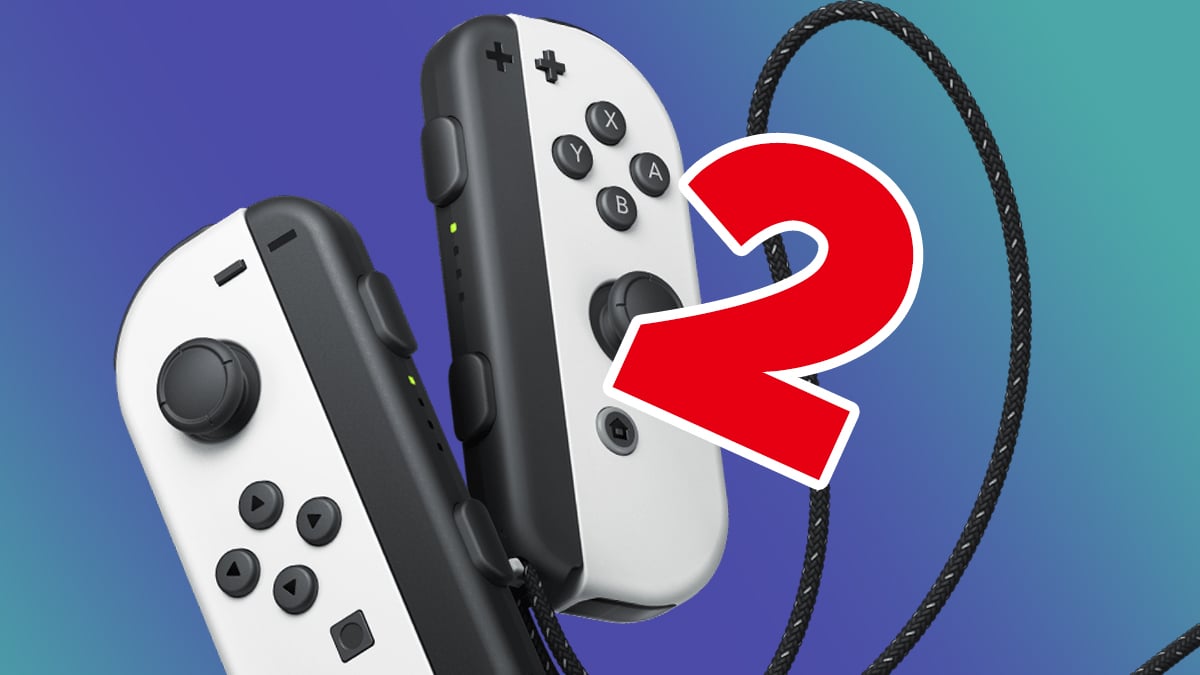
Updated: Sep 27, 2017 01:40 am